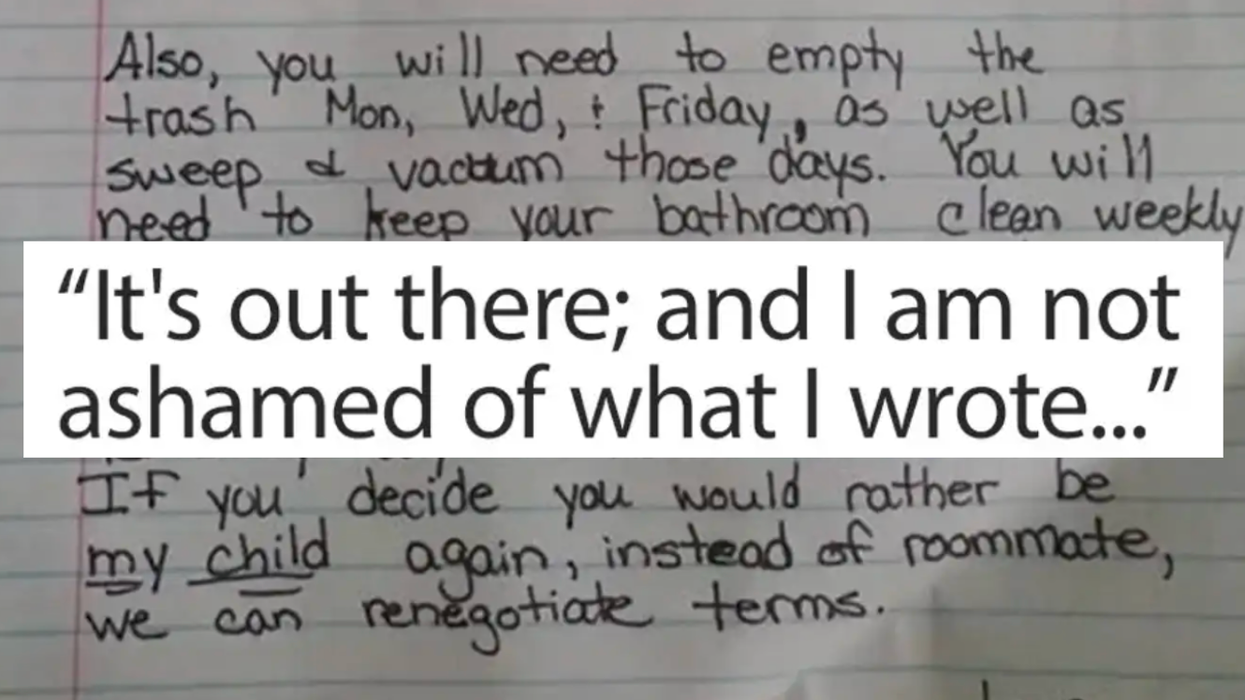In the spring of 1942, Baron Gustav Braun von Sturm announced that the German military was to embark upon a bombing campaign targeting every building in England marked with three stars in Baedeker's Guide to Great Britain. For the next six weeks, the so-called Baedeker Raids deployed bombs across the cities of Exeter, Bath, Norwich, York, and Canterbury, destroying 50,000 homes and killing nearly 2,000 people. But the Luftwaffe didn't go after anything of strategic significance. It only bombed the buildings that the guidebook's author had rated as particularly fetching.We've been traveling for hundreds of thousands of years, but we've only been buying books that tell us where to go for about two. Pausanias' Description of Greece, published around A.D. 160, is the world's oldest surviving guidebook, a 10-volume treatise on where to stay, what to eat, and which gods and goddesses to check out when you're in that neck of the woods.But it was only when a scruffy, wiry young man barely out of his teens set off in 1972 to explore Southwest Asia that travel really began to change. Along with his wife Maureen, Tony Wheeler wrote and stapled together his Across Asia on the Cheap in a Queensland youth hostel. His company, which he cheekily named Lonely Planet (the planet wouldn't be lonely for long), soon began to pave what was once an unbeaten path, changing the very definition of travel.These days, travelers can buy a guidebook to every single country recognized by the U.N.-192 at last count-and the shelves of Amazon.com are chock-full of thousands of titles marketed toward independent travelers. But how "independent" can we be when we're buying someone else's opinions on where to go?Thomas Kohnstamm's memoir, Do Travel Writers Go to Hell?, asks just that question. Released in April, the book is a chronicle of Kohnstamm's time spent as a writer for Lonely Planet. In it, he narrates a number of personal traveling shenanigans, including a sexual encounter with a waitress (allegedly resulting in a good review for her restaurant) and an episode of impromptu drug dealing to supplement his meager author advance. It also includes less titillating complaints against the company's unrealistic deadlines, low fees, and lack of support when he was on the road.
| Quote: |
| "How independent are we really as travelers when we buy someone else's opinions on where to go?" |
















 Otis knew before they did.
Otis knew before they did.